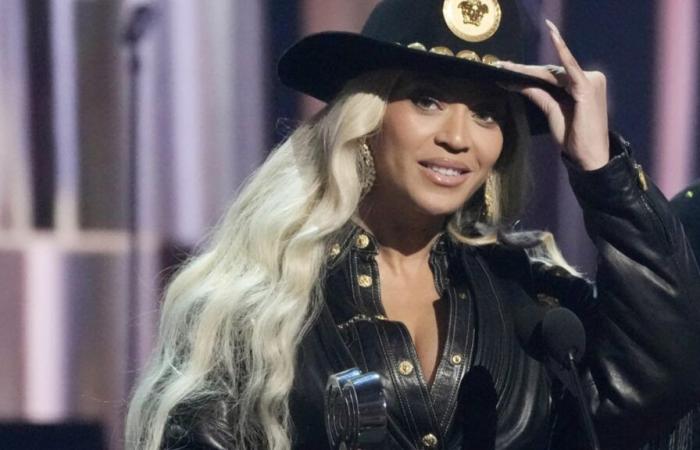Titled Beyoncé Makes History: Black Radical Tradition, Culture, Theory & Politics Through Musicthe one-credit course will focus on the period from his 2013 self-titled album through Cowboy Carterwhich challenges genre, and how the world-famous singer, songwriter and entrepreneur has generated awareness and commitment to social and political ideologies.
Daphne Brooks, a professor of African American studies at Yale University, intends to use the artist’s extensive repertoire, including footage of his concerts, as a “portal” for students to learn about black intellectuals, from Frederick Douglass to Toni Morrison.
“We’re going to take seriously how the critical work, the intellectual work of some of our greatest thinkers in American culture resonates with Beyoncé’s music and think about how we can apply their philosophies to her work and to the ways in which it has sometimes been at odds with the black radical intellectual tradition.”
-Daphne Brooks, professor of African American studies at Yale University
Beyoncé, whose full name is Beyoncé Giselle Knowles-Carter, is not the first artist to be the subject of a college course. There have been courses on singer and songwriter Bob Dylan over the years and several colleges and universities have recently offered courses on singer Taylor Swift, her lyrics and her pop culture legacy. Law professors who hope to interest a new generation of lawyers by using a celebrity like Swift to put complicated, concrete concepts into context are among them.
Professors at other higher education institutions have also incorporated Beyoncé into their classes or offered lessons about the superstar.
For Professor Brooks, Beyoncé is in a league of her own, as she believes the singer has used her platform to “dramatically elevate awareness of and engagement with social ideologies and movements and grassroots politics” in his music, including the Black Lives Matter movement and feminist commentary on African Americans.
“Can you name another pop musician who has invited a range of local activists to participate in these long-running multimedia album projects she has given us since 2013?” she asked. She also found that Beyoncé also tried to tell a story through her music about “the issue of color, gender and sexuality in the context of the more than 400-year history of the subjugation of African Americans” .
“She is a fascinating artist because historical memory, as I often call it, and the desire to archive this historical memory are omnipresent in her work,” said the professor. “You don’t see that in any other artist.”
Ms. Brooks once taught a popular course on black women in popular music culture at Princeton University and found that her students were most excited about the section on Beyoncé. She expects her class at Yale to be particularly popular, but she strives to keep the group relatively small.
For those who manage to secure a place next semester, they should not have too many illusions about the possibility of seeing Queen Bey in person. “It’s a shame, because if she was on tour, I would really try to take the class to see her,” Ms. Brooks concluded.






